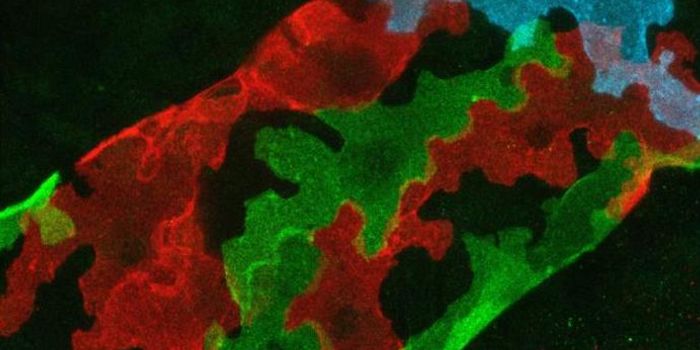Tea Tree, Lavender Essential Oils can Disrupt Hormones
Regular exposure to tea tree or lavender essential oil has been linked to the abnormal growth of breasts in boys; a condition called prepubertal gynecomastia. New research presented at the annual meeting of the Endocrine Society has strengthened that connection. It shows that consumers should exercise caution with the use of essential oils, which are considered to be harmless and are commonly used in toiletries and household products.
"Our society deems essential oils as safe," said the lead investigator of the study J. Tyler Ramsey, a post-baccalaureate research fellow at the National Institute of Environmental Health Sciences (NIEHS), part of the National Institutes of Health. "However, they possess a diverse amount of chemicals and should be used with caution because some of these chemicals are potential endocrine disruptors." Endocrine disruptors interfere with hormones.
A growing number of cases of pre-pubescent male gynecomastia have been reported that have coincided with skin exposure to tea tree and lavender essential oils. The problem also stopped after the boys stopped using the oils, Ramsey noted. Laboratory studies by members of the NIEHS research team have also indicated that the oils have characteristics that are like the hormone estrogen. They also have properties that inhibit testosterone, called anti-androgenic, which might also be impacting puberty through the hindrance of the male hormone.
The NIEHS scientists studied the oils in depth by choosing components that are standard parts of every formulation. Four compounds are in both oils: eucalyptol, 4-terpineol, dipentene/limonene and alpha-terpineol; while the other chemicals were in one or the other: linalyl acetate, linalool, alpha-terpinene, and gamma-terpinene. Cancer cells were then exposed to the compounds, and the researchers assessed any changes that occurred in genes related to estrogen and androgen.
While there was a huge variation in the intensity of the effect, all of the tested chemicals had estrogenic or anti-androgenic characteristics. These changes, Ramsey said, are consistent with the typical hormonal conditions that cause gynecomastia.
"Lavender oil and tea tree oil pose potential environmental health concerns and should be investigated further," he added.
Ramsey also noted that many of these chemicals are present in 65 other essential oils, or more. These products are not regulated by the FDA, and consumers should be aware of the risks.
Sources: Science Daily via The Endocrine Society









